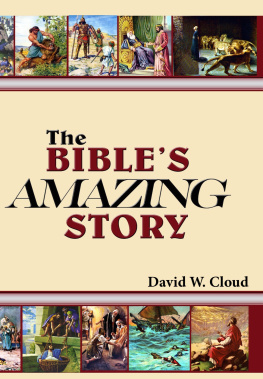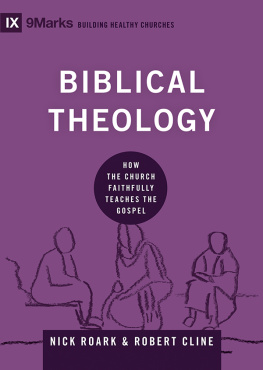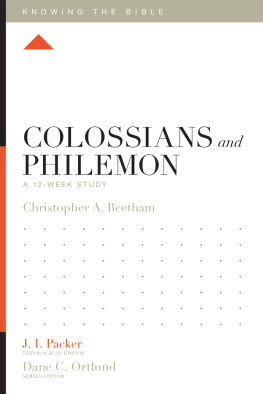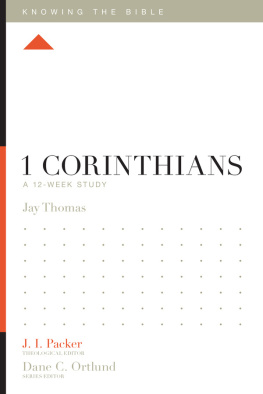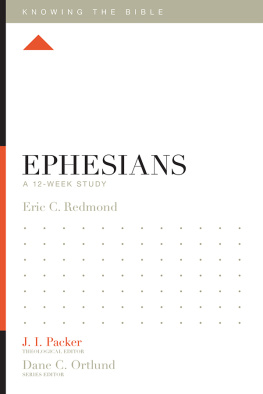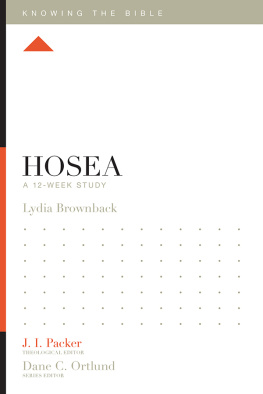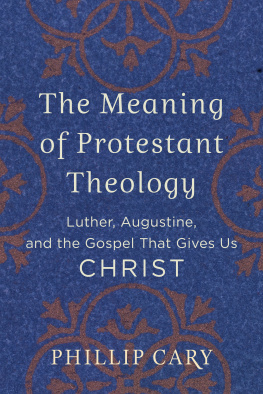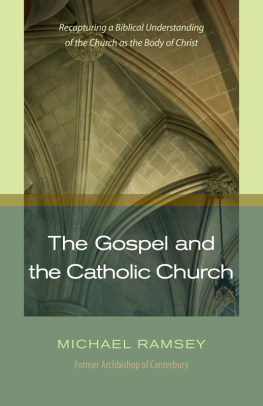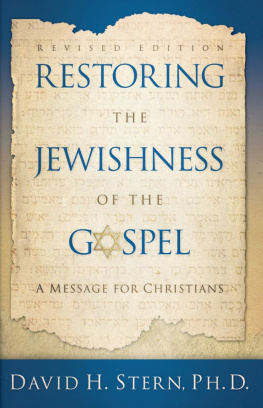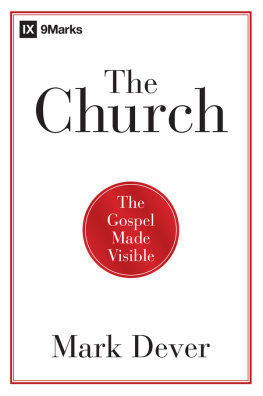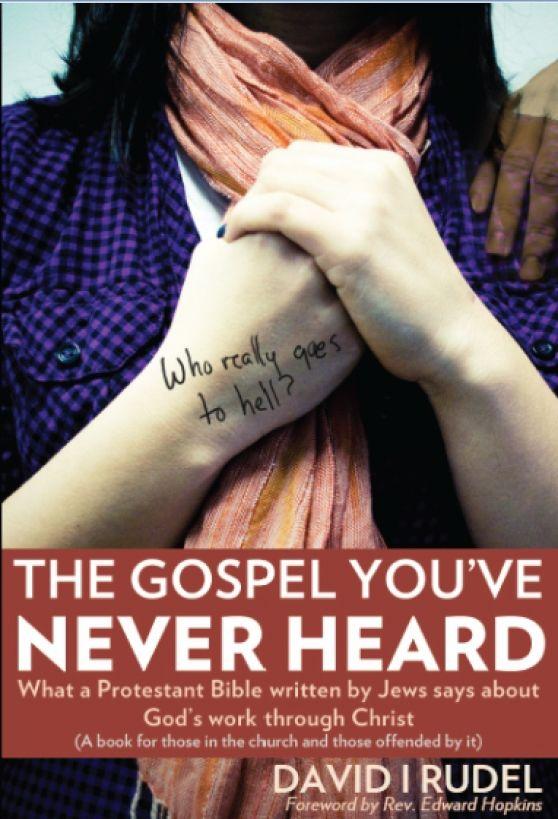Who Really Goes to Hell?
The Gospel You've NeverHeard
What a Protestant Biblewritten by Jews says about God's work through Christ
(A book for those in thechurch and those offended by it)
by David I. Rudel
SmashwordsEdition
Copyright 2009 DavidRudel
Discussthis book with others at http://discussion.John173.net
Peruse theauthors blog at http://www.authentic-Christianity.net
This bookis available in print form at http://www.amazon.com (ISBN of Print Edition: 978-0981826608)
All RightsReserved.
Other thanshort quotations (quotations that do not contain an entire verse)all un-attributed quotations are quoted (with sometimes differentcapitalization) by permission from the New EnglishTranslation Bible or its notes.
NET Bible
An onlineindex of the Bible verses cited (allowing for instant viewing ofthe biblical text) is available at http://Scripture.John173.net
Copyright1996-2006 by Biblical Studies Press, L.L.C. www.bible.org
All rightsreserved.
Version 1.3
The NETBible (along with a raft of useful textual and cultural notes) isavailable in its entirety as a free download or for online web useat www.nextbible.org
Smashwords Edition,License Notes
This book may be reproduced,copied and distributed for non-commercial purposes, provided thebook remains in its complete original form.
+++++
Preface to the SmashwordsEdition
This book takesconsiderable effort to present biblical support for itsconclusions. The original (print) version made uses of footnotesand different fonts to clarify scripture references and quotations.The rendering of the book in ebook format made such expedientsunwieldy. Instead, items that were once footnotes are not simplyplaced in parentheses. Direct quotations that were originallysignaled by a different font have simply been placed in quotationmarks.
+++++
Foreword
Well, their it is. Youcannot see it because you are reading the text on a printed page.The annoying green wiggly line is only on my computer screen,flagging their it is. Sometimes I see wiggly lines that aregreen, sometimes red, but no matter what color they are, theyirritate me and I know that the only way to make them disappear isto stop what I am doing, stop what I am thinking, and deal withthem.
I am required to hover thecursor over the wiggly line, right click the mouse, and read andrespond to the dialogue box that appears. If the line is red, thecomputer tells me that my word choice deviates from the standarddictionary, and if the line is green, the problem is my grammar.Then, my computer asks me (ever so gently) if I really meant tospell the word that way or if I really meant to use the word inthat peculiar fashion. I can respond with several options. I caninsert a correctly spelled word from a list, I can insert agrammatically corrected sentence, I can scrap what I have writtenand begin again, or I can ignore the problem and settle for beingincorrect.
I am sure that somewhere inmy computer software there is a way for me to disable my annoyingwiggly lines. I choose not to. As annoying as it is to have mythought processes interrupted, I realize that when misspelled wordsand poor grammar appear in a text that bears my name, I inevitablylose credibility in the eyes of discerning readers. How convincingcan my argument be if I cannot choose the right word for asentence?
I call the wiggly linesessential annoyances.
You areholding in your hands a book that may well become for you anessential annoyance. David Rudel's Who Really Goes to Hell? -- The GospelYou've Never Heard is an important book. He will posit ideas and ask questionsabout the Bible's teachings and about the Church's use of thoseteachings that may trouble you. The questions are honest,thoroughly researched, meticulously argued, and will wash over youlike incessant waves. Most annoyingly, his questions are alwaysreferenced to scripture as the standard.
I don't agree with all ofRudel's conclusions and I question some of his Biblical-criticalmethods, but it isn't his conclusions that annoy me. Somehow, thequestions that he asks have become embedded in my mind--in myoperating system. They open in a dialogue box in my head, and theyrequire a response. Rudel's questions have become a kind ofannoying filter through which I must pass my sermons and my sermonpreparation, my Bible teaching and the reading that informs it, mypublic prayers and the very personal contemplation that gives birthto them, and even my intimate thoughts about salvation, damnation,eternal life, death, heaven, and hell.
Well, there it is. If youlove God's Word and treasure God's Church, this book will be anessential, albeit annoying, challenge.
2-15-2009
Edward Hopkins
Pastor
Hinton Avenue UnitedMethodist Church
Charlottesville,VA
+++++
Introduction: What isThis?
WARNING: Cigarette SmokeContains Carbon Monoxide.
You probably do not read thewarning labels on cigarettes. You know the gist and purpose of thewarning; reading the text is unlikely to provide any new insight.The warning could say almost anything, and you would read it as,Hey, perhaps willfully inhaling fumes isn't a goodidea.
In fact the label itselfdoes not say smoking is hazardous, even if you assume everyoneknows carbon monoxide is dangerous. Perfectly safe substances cancontain chemicals that would be deadly in isolation -- Chlorinemakes up over half of common table salt. But we know the warningreally means that the carbon monoxide in smoke, unlike the chlorinein salt, can cause us harm when we put it in our bodies.
Furthermore, we know thiswarning is different from, say, caution labels on curling ironssuggesting you not put them in your ear. The cigarette's warning isnot meant to stop you from using the product in a dangerous manner;it discourages you from using the product at all.
We wouldknow these things even had we never read such a label, for themedia, our doctors, our parents, etc. tell us smoking is unhealthy.We don't need to read the text; we've already been told what itsays... and if we do read it and find something unfamiliar(e.g., carbonmonoxide ), itdoesn't stop us from determining the intent. Like watching aforeign version of a film you've already seen in your nativetongue, you know the plot without reading thesubtitles.
Had the warning readExposure to gelid hydroxylic acid can result in horripilation, wemight assume cigarettes contain gelid hydroxylic acid and thathorripilation is some terrible medical disorder. In reality thelabel would simply be saying that cold water can cause goosebumps.
Mypoint? Ourassumptions color not only how we read things but also theconclusions we draw as we make the text meet ourexpectations.
Our presuppositions areunlikely to lead us astray when we read warning labels oncigarettes, but what about when we read the Bible?
Almost everyone is told whatChristianity is about and what to expect from the Bible long beforereading it carefully. In addition to these assumptions, we have ourown opinions on what we'd like the Bible to say. In the end, it'svery hard to simply read the Bible for what it says. Instead, weread into it what we think it should say or what we have been toldit says... or we don't read it at all, having decided its teachings(as described by others) make no sense.
What people thinkChristianity is all about is largely based on the views presentedby active spreaders of the gospel. From these messages, a consensushas formed among non-Christians of the basic principles of biblicalChristianity. For understandable reasons, non-believers tend todefine Christianity in terms of its claims regarding how theJudgment works -- Who goes to heaven? Who to Hell?


